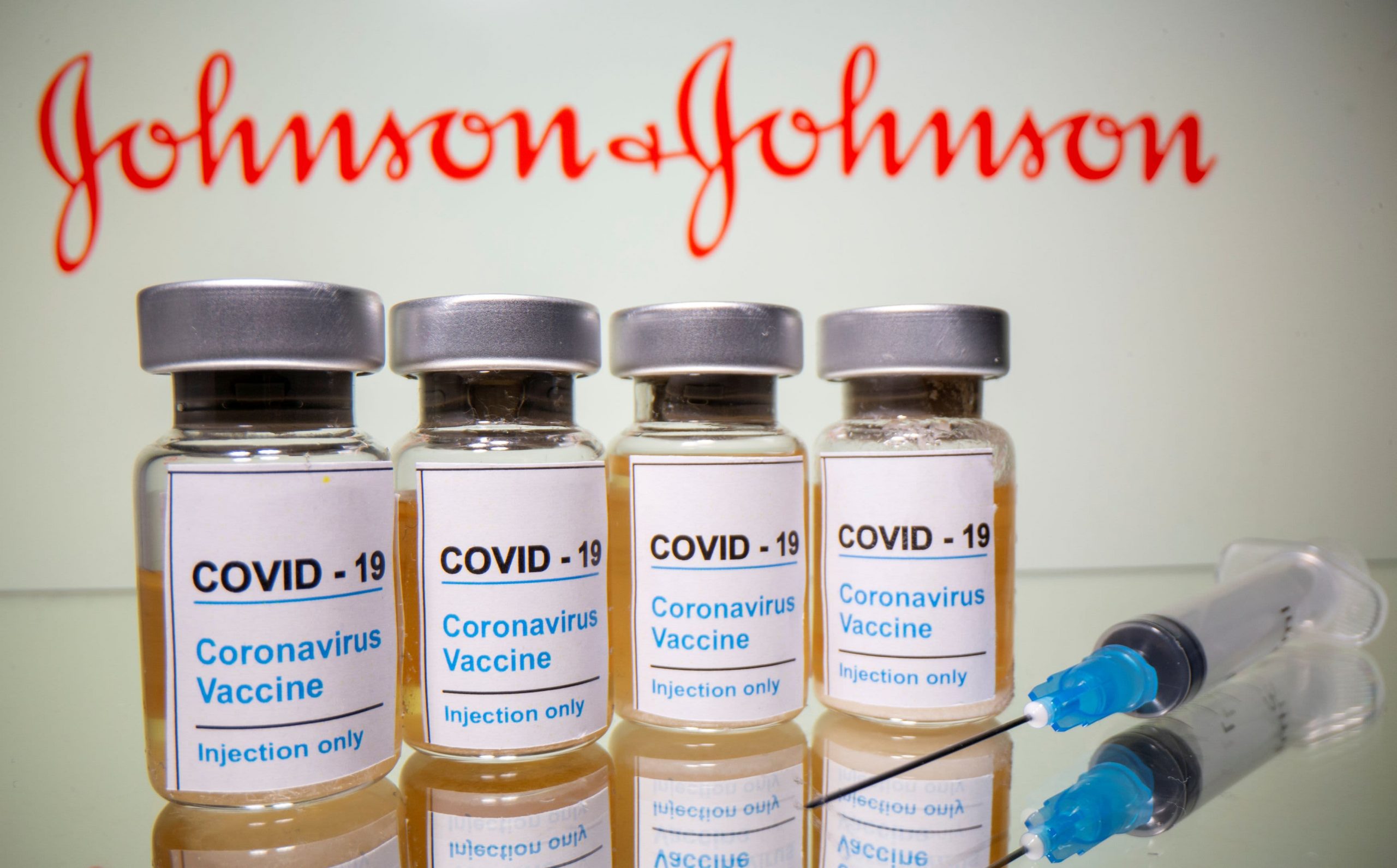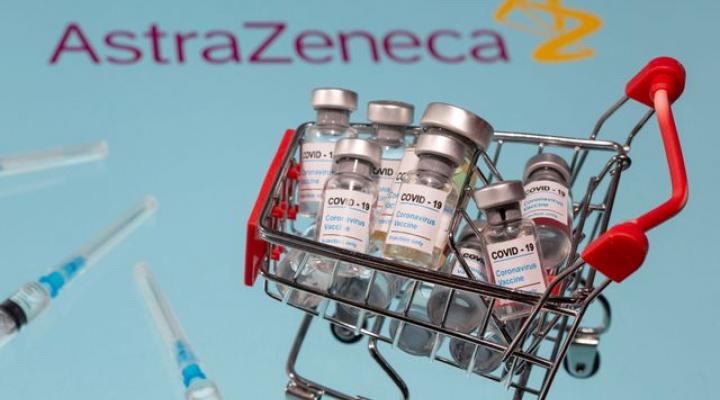Johnson & Johnson vaccine is 66 percent effective at preventing mild to severe illness and 85 percent against most serious symptoms.
Johnson & Johnson’s long-awaited vaccine appears to protect against COVID-19 with just one shot not as strong as some two-shot rivals but still potentially helpful for a world in dire need of more doses.
J&J said Friday that in the US and seven other countries, the single-shot vaccine was 66 percent effective overall at preventing moderate to severe illness, and much more protective 85 percent against the most serious symptoms.
There was some geographic variation. The vaccine worked better in the US 72 percent effective against moderate to severe COVID-19 compared with 57 percent in South Africa, where it was up against an easier-to-spread mutated virus.
Watchdog official says AstraZeneca vaccine not ready for quick European approval
“Gambling on one dose was certainly worthwhile,” Dr Mathai Mammen, global research chief for J&J’s Janssen Pharmaceutical unit said.
With vaccinations off to a rocky start globally, experts had been counting on a one-dose vaccine that would stretch scarce supplies and avoid the logistics nightmare of getting people to return for boosters.
But with some other competing vaccines shown to be 95 percent effective after two doses, at question is whether somewhat less protection is an acceptable tradeoff to get more shots in arms quickly.
The company said within a week, it will file an application for emergency use in the US, and then abroad. It expects to supply 100 million doses to the US by June, and expects to have some ready to ship as soon as authorities give the green light.
These are preliminary findings from a study of 44,000 volunteers that are not completed yet. Researchers tracked illnesses starting 28 days after vaccination about the time when, if participants were getting a two-dose variety instead, they would have needed another shot.
Scientists fear of vaccine supply gaps
After day 28, no one who got vaccinated needed hospitalisation or died regardless of whether they were exposed to “regular COVID or these particularly nasty variants”, Mammen said. When the vaccinated did become infected, they had a milder illness.



